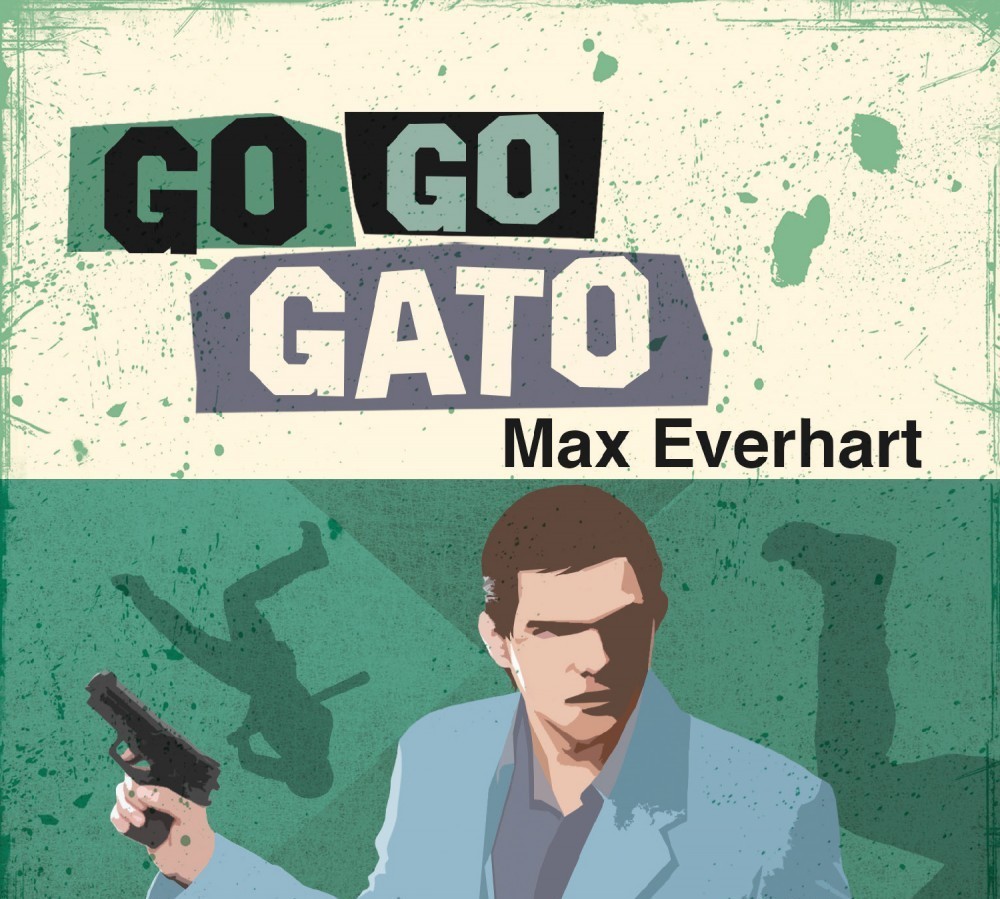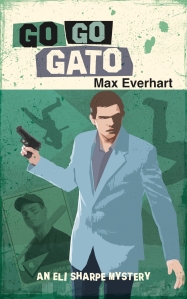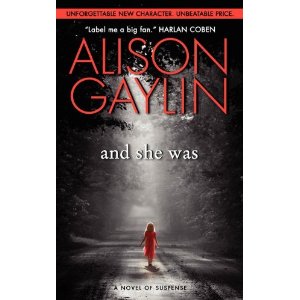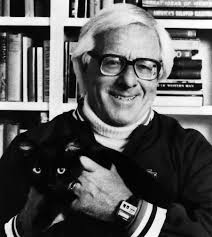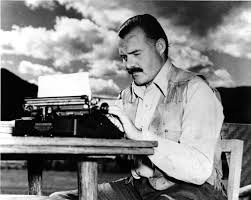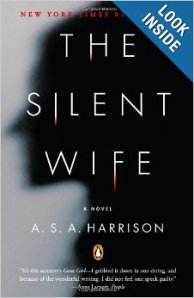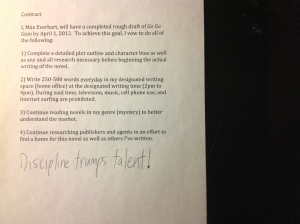Far be it from me to disagree with Alfred Hitchcock, but I believe the concept of the MacGuffin has evolved sense he first popularized the term with his 1935 film The 39 Steps. Below is a brief definition of the term from the excellent literary magazine The MacGuffin, which is published out of Schoolcraft College:
The moving force (and sometimes the solution) of a work of mystery fiction is referred to as a MacGuffin. . . Alfred Hitchcock used the term and said, “No film is complete without a MacGuffin because that’s what everybody is after.” . . .in short, the MacGuffin is any device or gimmick that gets a plot rolling. The MacGuffin itself has little, if any, fundamental importance, and, according to Hitchcock, is nothing in and of itself.
Now, I am a fan of Hitchcock’s films, especially Rear Window and Psycho. AIthough I cannot be sure what precisely he means by “fundamental importance,”I interpret it this way: the MacGuffin is purely a way to kick start a story’s plot, and it has no real significance beyond that. Working from that interpretation, I must offer an alternative thesis on the subject: in films and books, the MacGuffin does much more than just get the plot moving. When used by skilled artists (including Hitchcock himself), the MacGuffin has both symbolic and thematic significance.
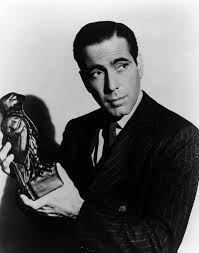 Take mystery novels, for example. More specifically, let’s examine The Maltese Falcon by Dashiell Hammett for a moment. The valuable black bird figurine–a.k.a. the maltese falcon–does exhilarate the narrative, but it also becomes a symbol for greed (the figurine is worth a bundle) and trickery (the figurine turns out to be a fake); it becomes a tangible representation of human weakness. To take the idea a bit further, the maltese falcon also not only propels the plot forward, but it helps develop layer upon layer of characterization in the novel. In this sense, the figurine reveals (or helps to reveal) the uglier sides of basically every character in the narrative, sides which would have remained hidden without the introduction of the maltese falcon (the MacGuffin).
Take mystery novels, for example. More specifically, let’s examine The Maltese Falcon by Dashiell Hammett for a moment. The valuable black bird figurine–a.k.a. the maltese falcon–does exhilarate the narrative, but it also becomes a symbol for greed (the figurine is worth a bundle) and trickery (the figurine turns out to be a fake); it becomes a tangible representation of human weakness. To take the idea a bit further, the maltese falcon also not only propels the plot forward, but it helps develop layer upon layer of characterization in the novel. In this sense, the figurine reveals (or helps to reveal) the uglier sides of basically every character in the narrative, sides which would have remained hidden without the introduction of the maltese falcon (the MacGuffin).
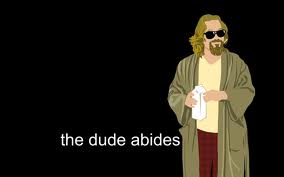 How about an example from the movies? The Big Lebowski, a personal favorite, has arguably two MacGuffins: the alleged kidnapping of Bunny Lebowski and/or the theft of The Dude’s favorite rug. But let’s discuss the rug as it is the more interesting MacGuffin of the two. When The Dude is employed to give the money to the kidnappers and get Bunny back, he isn’t so much motivated by the fee he will receive; he is more interested in recovering his beloved rug, the one that “really tied the room together.” Because the rug belongs to The Dude, who has precious little interest in material possessions, it takes on an added layer of meaning when he is willing to risk life and limb to recover it, and he does so in such a humorous and imminently watchable manner. Go a step further: I would argue that the rug has a metaphorical significance as well, for The Dude’s life before his rug is taken is tranquil; after the rug is “swept out from under him” so to speak, his life is chaotic and, in many ways, not nearly as happy.
How about an example from the movies? The Big Lebowski, a personal favorite, has arguably two MacGuffins: the alleged kidnapping of Bunny Lebowski and/or the theft of The Dude’s favorite rug. But let’s discuss the rug as it is the more interesting MacGuffin of the two. When The Dude is employed to give the money to the kidnappers and get Bunny back, he isn’t so much motivated by the fee he will receive; he is more interested in recovering his beloved rug, the one that “really tied the room together.” Because the rug belongs to The Dude, who has precious little interest in material possessions, it takes on an added layer of meaning when he is willing to risk life and limb to recover it, and he does so in such a humorous and imminently watchable manner. Go a step further: I would argue that the rug has a metaphorical significance as well, for The Dude’s life before his rug is taken is tranquil; after the rug is “swept out from under him” so to speak, his life is chaotic and, in many ways, not nearly as happy.
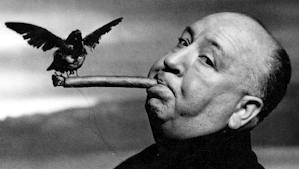 Bottom line, I think Hitchcock’s definition of the MacGuffin is limited. In many ways, the MacGuffin contributes to a more deeply satisfying narrative in both film and books. I recently turned in my second Eli Sharpe novel to my publisher, and the MacGuffin in that one is a valuable baseball, which has been stolen. I intentionally tried to make the stolen baseball mean something different to every character in the novel, and, in a way, the baseball becomes a character in and of itself. Hitchcock did this also, made MacGuffins more than just plot devices. What’s more, I suspect he did it deliberately. How else would he have become such a master of suspense?
Bottom line, I think Hitchcock’s definition of the MacGuffin is limited. In many ways, the MacGuffin contributes to a more deeply satisfying narrative in both film and books. I recently turned in my second Eli Sharpe novel to my publisher, and the MacGuffin in that one is a valuable baseball, which has been stolen. I intentionally tried to make the stolen baseball mean something different to every character in the novel, and, in a way, the baseball becomes a character in and of itself. Hitchcock did this also, made MacGuffins more than just plot devices. What’s more, I suspect he did it deliberately. How else would he have become such a master of suspense?
